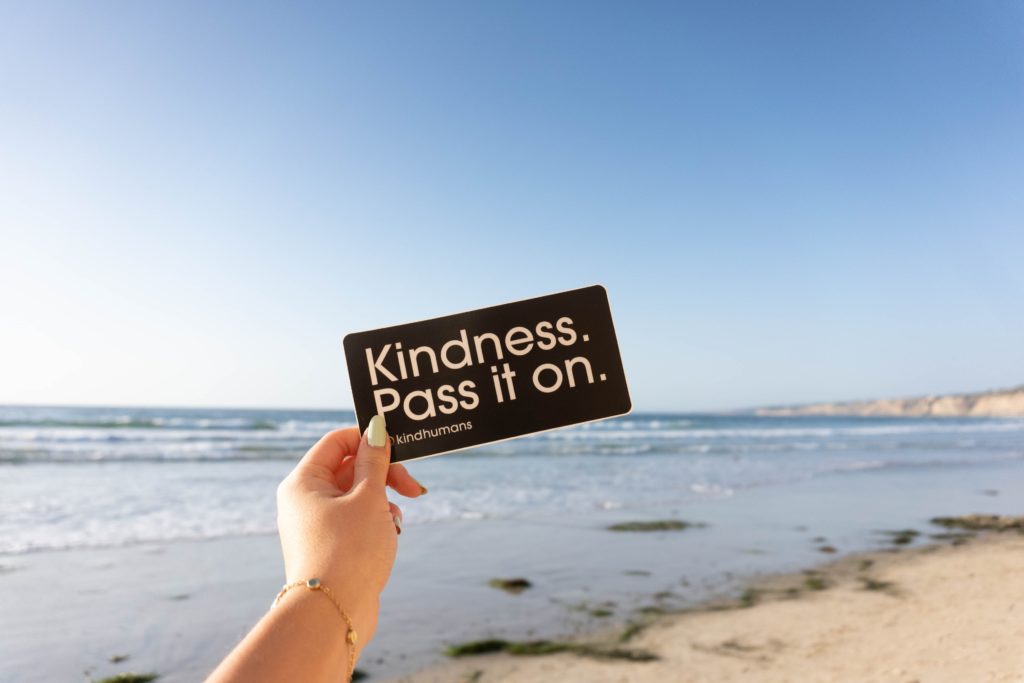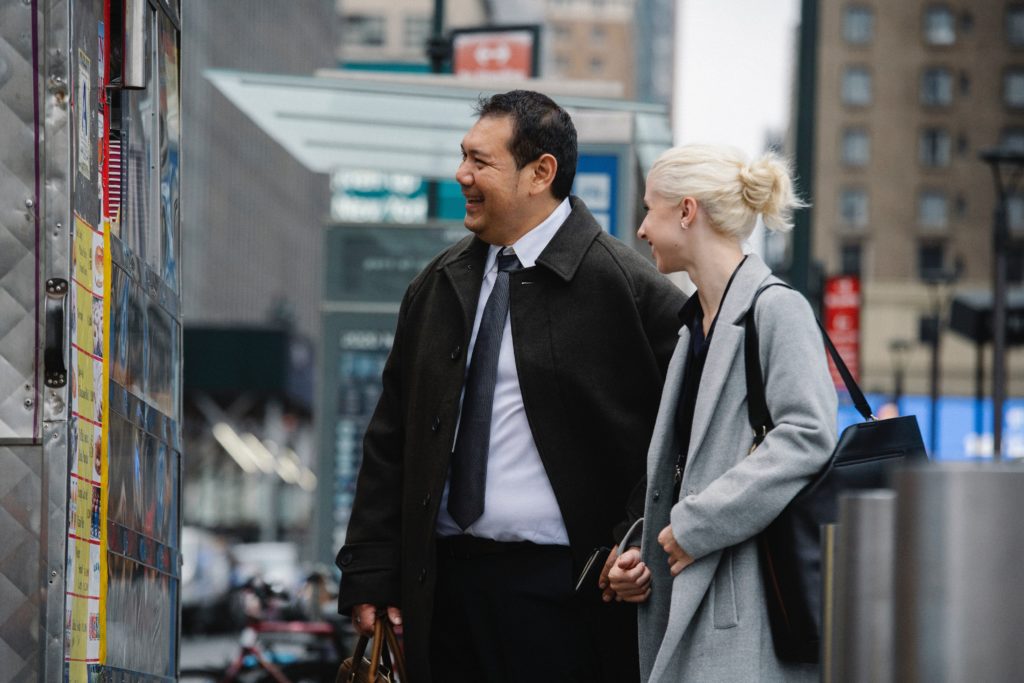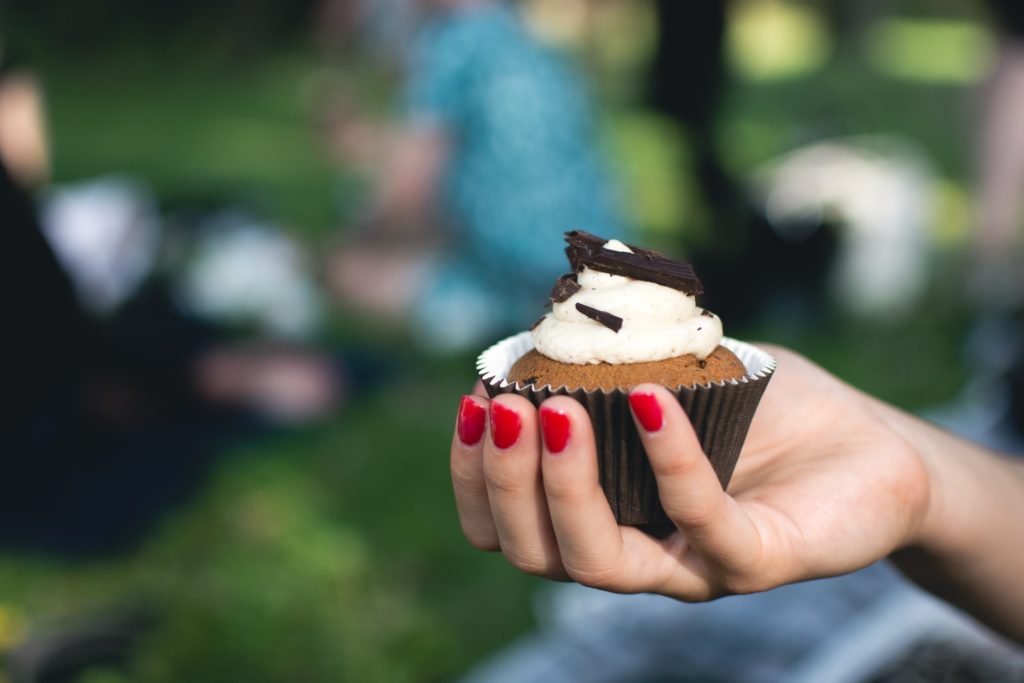
The power of simple gestures is profound.
By Yvonne Milosevic
With Thanksgiving upon us, messages about gratitude are coming in hot from all directions. But today’s post is a PSA reminding us not just to feel grateful for all we have. It’s also a call to action to perform more random acts of kindness in the world. Because even though we know we get the warm fuzzies when we pay it forward, we don’t fully grasp how good the person on the receiving end feels, too. Amit Kumar, marketing assistant professor at UT McCombs School of Business, hopes his new study will change that.
The research, conducted with Kumar’s frequent collaborator Nicholas Epley of the University of Chicago, found that givers focused more on the object or action they performed. Receivers, meanwhile, concentrated on all the feels that those random acts of kindness created. Since givers aren’t clued into this emotional response, they underestimate the value of donating, sharing, or helping others.
“Performers don’t realize how much of an impact they’re having on people through their kindness,” says Kumar. “That can stand in the way of these behaviors.”

The Sweet Rewards of Random Acts of Kindness
Kumar and Epley tested these attitudes through a series of experiments in the lab and at a park in Chicago. For one, they asked MBA students to perform two random acts of kindness over two days—one to a friend and the other to a stranger. These acts included things like paying for someone’s lunch or helping a colleague with a task.
After the experiment, givers rated their mood and the receivers, and then recipients did the same. In every instance, performers underestimated the receiver’s response. “Both performers and recipients were in better moods after,” Kumar says. “But it was clear that performers underestimated the value of their actions.”
Next, the researchers recruited 84 participants in Chicago’s Maggie Daley Park and told them they could give a stranger a cup of hot chocolate from the park’s food kiosk or keep it for themselves. Seventy-five people chose to give it away. A research assistant delivered the hot cocoa to each stranger, explaining that it was a gift from a study participant. Once again, performers underestimated the mood boost recipients reported after getting the drink.

It’s Not Just About the Cupcake
Later, Kumar and Epley ran an experiment with cupcakes and recruited 200 participants at the same park. For the first group of 100 people, a control group of 50 participants received a cupcake for participating. They rated their mood, and the other 50 people rated how they thought the receivers felt after getting a cupcake.
For the second group of 100, they told 50 people they could give away their cupcakes to strangers. Then they rated their own mood and the expected mood of the cupcake recipients. The researchers found that participants rated cupcake recipients’ happiness at about the same level whether they got their cupcake through an act of random kindness or from the researchers. Moreover, recipients who received a cupcake through an act of kindness were happier than control group recipients.
“Performers are not fully taking into account that their warm acts provide value from the act itself,” Kumar says. “The fact that you’re being nice to others adds a lot of value beyond whatever the thing is.”
“Positive interpersonal contact is a powerful source of happiness,” says Kumar. “It will make you feel better and someone else feel better, even better than you think they’ll feel. A little good doesn’t just go a long way — it goes an unexpectedly long way.”


